Sometimes, a thing grabs you and doesn’t let go. For me it’s usually a book (“I must read more about this Harry Potter kid!”) or a TV show (“But if the Cigarette-Smoking Man is behind it all, how will Mulder and Scully ever reveal the truth?!”). I tend to just give myself over to whatever the thing is and let it occupy more of my brainspace than is probably healthy, enjoying every moment of my mini-obsession until its object ends or my attention drifts onward to the next thing.
For a really long time 11 Giants walked around
They thought of funny things until their thinking came alive.
And that’s what this game is. You’re inside their thoughts.
Go and make them bigger and we’ll play for a long while.
And with that little song, I fell in love with a game called Glitch. I’m not a gamer by nature. I enjoy watching my partner play narrative-driven video games but I’ve just never been a pick-up-the-controller-and-play kind of person. That changed in September, when I saw a strange trailer for a game full of beautiful landscapes where little humanoid things came about because 11 Lovecraftian Giants imagined them into existence. The characters, or Glitchen (singular: Glitch), exist in an imagined world called Ur and their mandate, first and foremost, is to frolic. This game was like living a highly imaginative choose-your-own-adventure novel, and so terribly sadly, it came to an end yesterday.
Upon seeing the trailer, I was hooked. This was unlike any game I’d ever seen before. The point of the game, if there was a point at all beyond exploring and having fun, was to create things that would allow you to create more things. You had to collect Imagination—by exploring, by donating items, and by doing any sorts of actions within the game, from eating snocones to harvesting crops to partaking in massive group feats. Cumulative imagination advanced you to higher levels, while also acting as a kind of currency: the more imagination you gathered, the more you could customize your home and upgrade yourself. More energy and brain power, tickets to far-off lands, more refined skills…only through Imagination could you unlock these things in this incredibly creative game world.
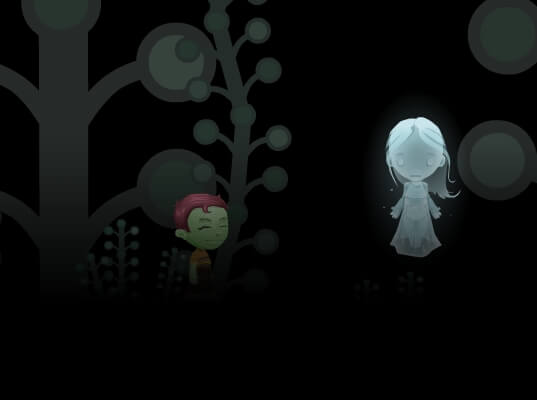
|
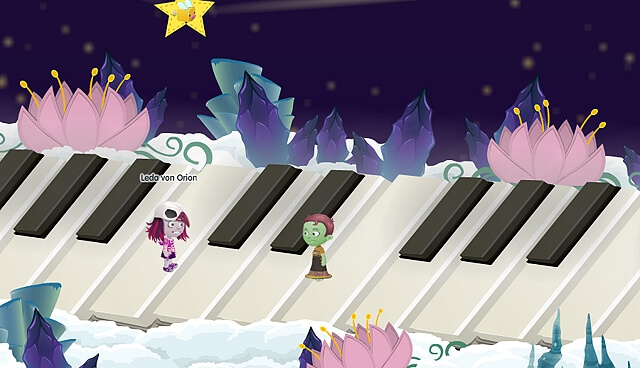
|
All the while, you had to earn energy (or you would die and end up in a hell-like land called Naraka. Only by jumping on the purgatorial grapes that are used to make the Wine of the Dead could you earn your way back to the land of the living. See why I loved this game?). You could earn mood to keep your Glitch happy, and the in-game currency called “currants” that allowed you to buy from vendors and from other players in player-run stores and the auction house. Oh, and did I mention your Magic Rock handed out more daily Imagination, or that you got your mail from a Yoga Frog?
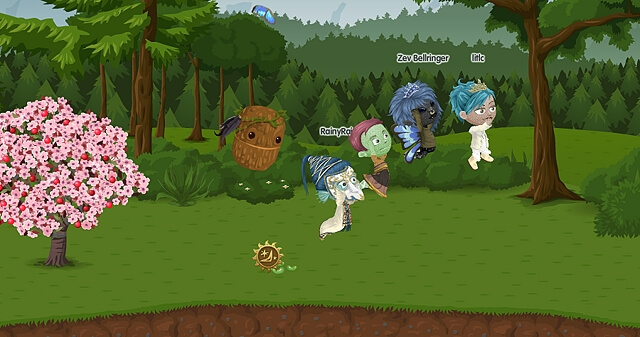
|
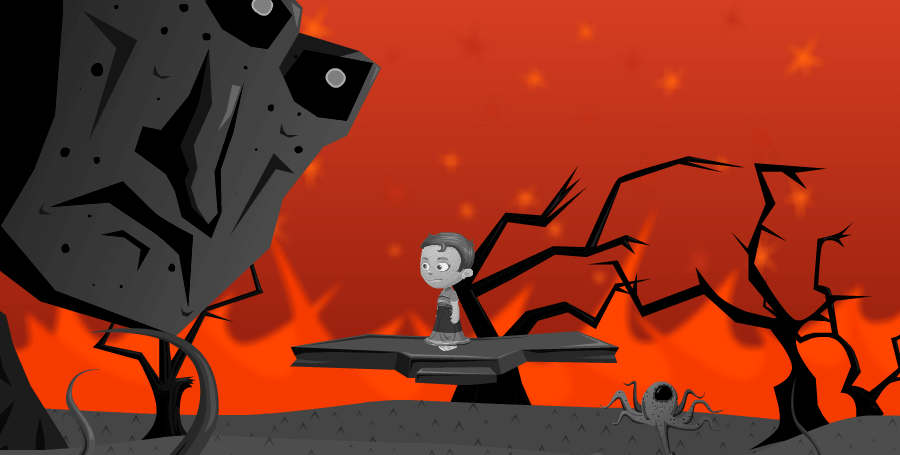
|
From the “About” page:
“Glitch is a web-based massively-multiplayer game which takes place inside the minds of eleven peculiarly imaginative Giants. You choose how to grow and shape the world: building and developing, learning new skills, collaborating or competing with everyone else in one enormous, ever-changing, persistent world.”
So, depending on what you wanted to do, you could become an expert miner and mine sparkly rocks and chunks of beryl, grind them down in your mortar and pestle into base elements, put those elements into your test tube to discover compounds, and use your beaker to combine compounds into really handy in-game powders that granted you certain powers and abilities.
If your thing was potions and notions, you could grow herbs, learn to make those herbs into tinctures, and then combine them in your cauldron to create fantastic brews that could, among other options, transform one tree into another, grant you favour with the Giants, or let you linger in lands where you could normally stay for only limited amounts of time.
|
|
You could pet the piggies in order to get meat (a renewable resource they were happy to share), massage the butterflies to get milk, squeeze the chickens to get grain, water and pet the various trees (my favourite was the Egg Plant) for spices and fruits and bubbles and such, all of which could be transmogrified into other things. You could cook, shake up cocktails, garden, build towers, collect fireflies . . . and everything you could do and learn in-game could be applied to the next thing, leading to ever more complex feats and skills and concoctions.
You were rewarded in quirky ways. I, for example, died at home and was given a badge for that. Badges were rewarded for doing things in prime numbers: petting 127 bean trees, say, or refining 1009 green elements from mined rocks, or visiting every street in a given land.
 Seasoned Scullery Sleuth
Seasoned Scullery Sleuth
 Occasional Gas Fancier
Occasional Gas Fancier
Taking place in one world in which we all interacted, Glitch was an experiment in interactive, ever-unfolding storytelling. Many small stories existed within the game that you could enact, from word games in a Giant’s nursery to a shadowed autumn world (pictured above) that recalled feelings of stillness and wonder. Together, Glitchen “recreated” feats that were said to have occurred in a long ago age: these includedi shedding all your clothing and streaking across as many streets as possible, or saying “hi” to as many other players as possible. Players also needed to defend against the one threat source in the game: the malicious Rooks, who attacked all things creative and tried to eat the Giants’ imagination. Players needed to work together, focusing their imagination to repel the dastardly winged creatures.
If someone made a giant display of public art, we could all see it. If someone completed a quest, or was busy feeding metal rods to sloths in exchange for a screw/nail building material called a snail, other players saw it happen. Many of the in-game quests were collaborative, which meant that you needed to help each other to complete them and level up. Apart from the occasional Rook attack, no war or conflict existed in Ur. Glitchen could bestow a rainbow of random kindness on other players or give anything in their inventory to one another. In working together, more Imagination, energy, mood, and currants could be earned. The more other Glitchen visited your home street, and the more you left on your street for them to do, the more Imagination you earned.

And the lands! And the music! So much variety, and each one rendered so beautifully. From a world of sunset treetops, to vast, climbable mountainscapes, from underwater realms where you could pocket yourself some salmen [sic] to underground caverns ripe for mining, from flowering meadows to mysterious forests to wintry wonderlands to barren deserts (and a fully functional subway system to aid you in getting to different maps faster than your Glitchy little legs could carry you). each realm was a work of art, each one different, each one beautiful or quirky or terrifying in its own right. Each was designed with such care.
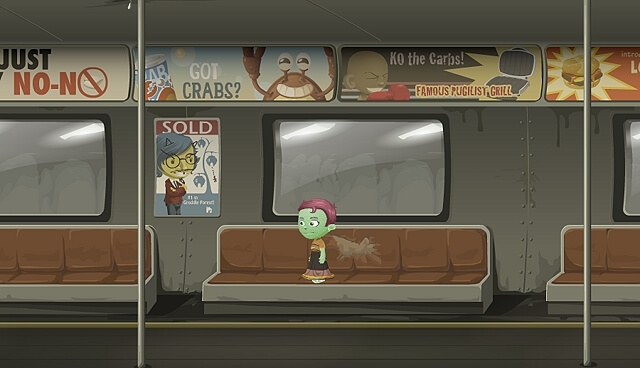
|
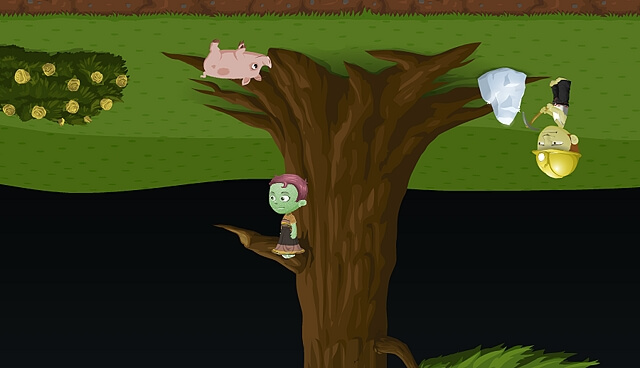
|
The soundscapes were just as important. All composed for the game, each track evoked and added to the landscape or activity it was paired with—from winter holiday joy to nighttime quiet, from a jaunt through the woods to a visit to the moon to a visit from the crazy wooden dude known as The Rube who showed up randomly to trade items with you.
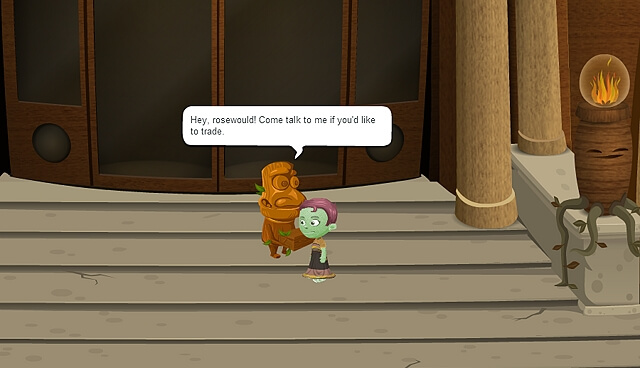
|
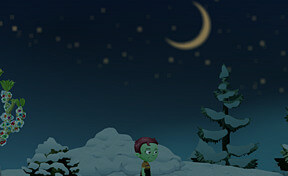
|
But you’ll notice I’m speaking in the past tense. On November 14th, we were shocked to discover a closing announcement on the Glitch mainpage. Citing several totally understandable reasons (mostly to do with building the audience, the difficulty in quickly describing the game in order to grab players’ interest, and most of all the fact that the game was built using Flash, which can’t be ported to mobile devices and therefore drastically reduced the game’s reach and future outlook), the team had decided to shut down. They gave us a month to finish up what we were doing, complete as many quests and explore as many maps as possible, and say goodbye to the beautiful world they had created. The game’s founder, Stewart Butterfield of Flickr fame, said in this Gamasutra article, “We wanted to stop before we had to so we could give people severance pay, and support them in finding new jobs, and refund players.” Classy, my friends. This is the way you treat your employees.
This is the way you treat your players, too. Rather than just going dark with no notice, the team at Tiny Speck, the company behind Glitch, continued to put out new content for the last month. New lands were opened, new quests and feats added, new items and recipes unlocked. The game stayed fresh and relevant, rather than leaving players with a “meh, what else is there to do now that it’s ending?” feeling. Best of all, or as best as a thing can be in such a sad situation, Tiny Speck ended the story with grace and the same whimsy we’d come to expect from the game: on Friday, December 7th, the Giants began to show glimmers of awakening. Ur, it turned out, was part of their collective dreaming, and now it was time for them to wake up. In the last hour of the game on Sunday December 9th, each Giant in turn awoke and bade the players farewell. As the last Giant a disembodied voice sang us goodbye.
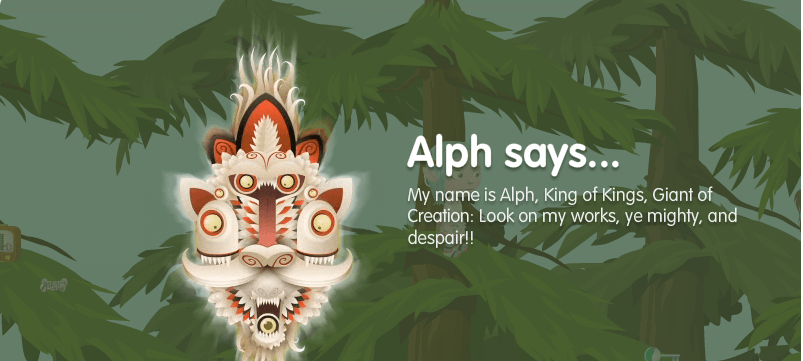
Then the world went dark.
The game, it seems, meant a lot to a lot of people, players and Tiny Speck employees both. A number of post-Glitch projects have sprung up on Etsy and crowdfunding site Indiegogo.com, including Glitch art prints, personalized Glitch pouches, what promises to be an incredible book showcasing the art of Glitch, and a double-album of Glitch music. I feel empty today, knowing that my piggies aren’t waiting for me to pet them, that the foxes aren’t there any more for me to brush in order to spin their fibres into threads and loom the threads into rugs. Apparently this is normal. from this excellent PCworld.com article:
When a game shuts down, it can be an emotional blow to players. Dr. Henry Lowood, Curator of History of Science and Technology Collections for Stanford University Libraries, says, “When you have memories, a sense of space, you always have a sense of having been somewhere. You end up with associations with that world. Even though you know they’re not real, the associations are real. When those are disrupted—especially in a way that would be catastrophic, when it goes dark—it’s like a tidal wave or an earthquake wiping out a town. It’s not exactly the same, but emotionally and in terms of memories, it’s very similar.”
The thing about Glitch was the sheer kindness of its makers and players. When it came out that game was ending, the collaborative vibe exploded in a profusion of niceness. People left rare emblems and difficult-to-find items in public areas for others to pick up as needed. People gave gifts and worked together to help lower-level players reach higher levels in order to experience more of the game. What sums it all up for me is this tweet:
Flowers tucked into the grate outside our SF office overnight, discovered this morning. Thank you! pic.twitter.com/XaJgzY6x
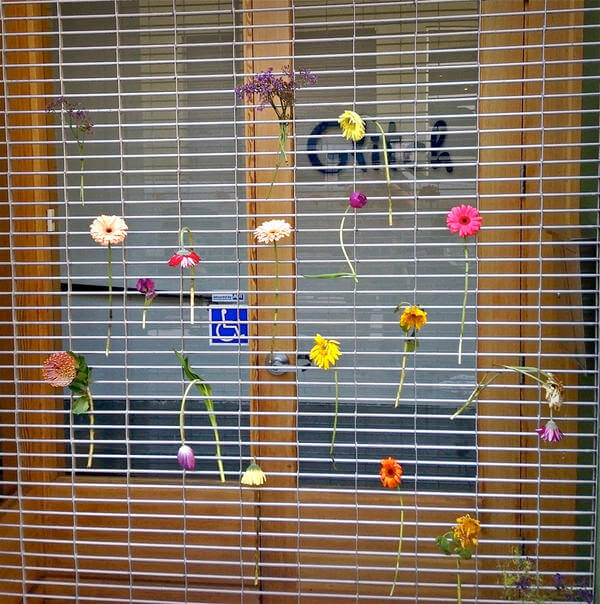 Though Ur will be preserved through tangible artifacts, I’m going to miss it terribly. The world could use a bit more whimsy, a bit more kindness, and a bit more creativity.
Though Ur will be preserved through tangible artifacts, I’m going to miss it terribly. The world could use a bit more whimsy, a bit more kindness, and a bit more creativity.
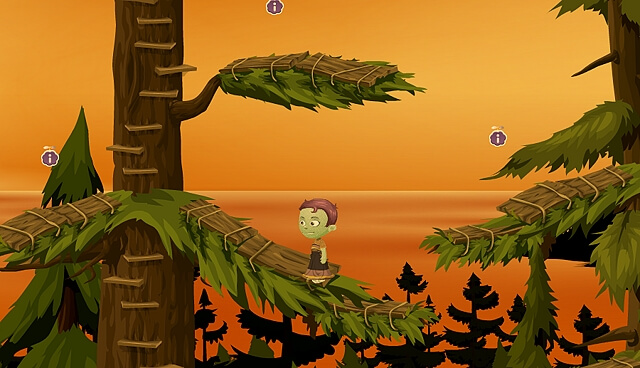
|
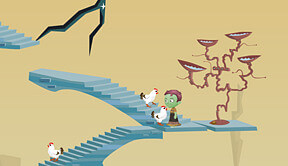
|
You might also like:

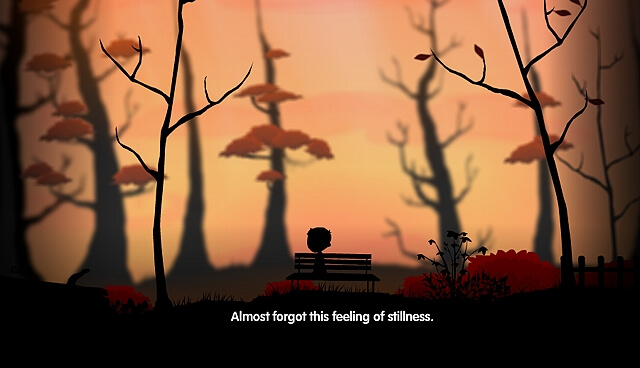
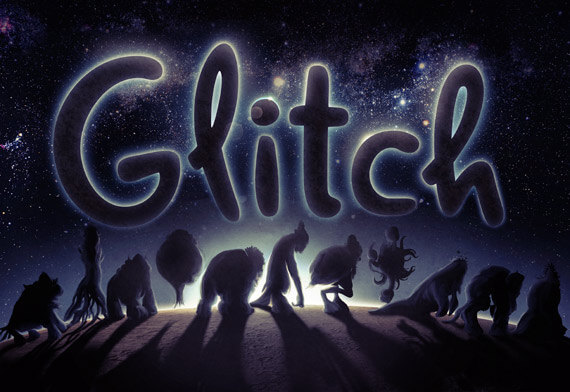

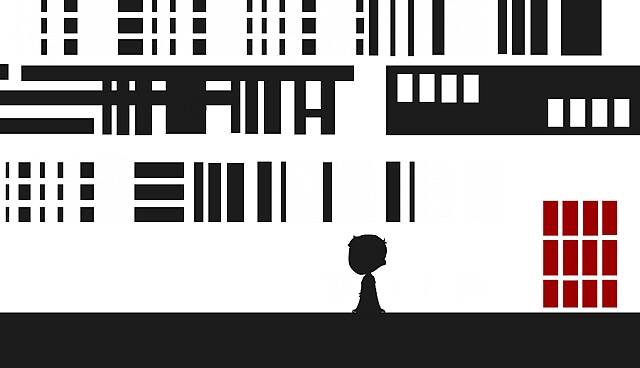
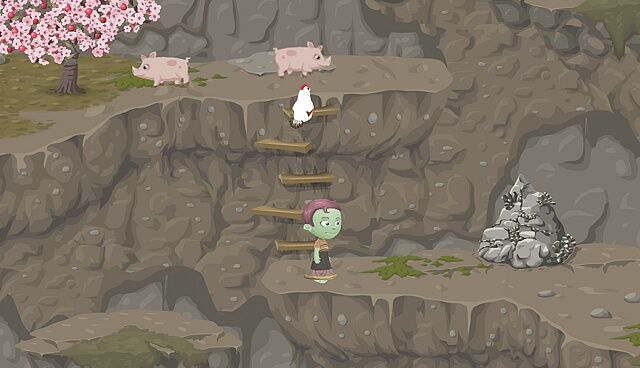
 Certified Boozehound
Certified Boozehound
 Pretty Good Samaritan
Pretty Good Samaritan



 Glitch, the game
Glitch, the game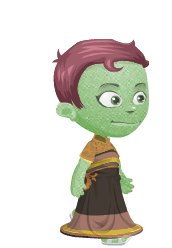
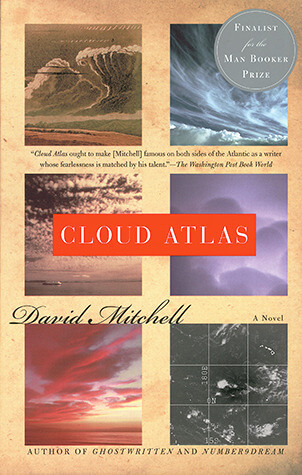
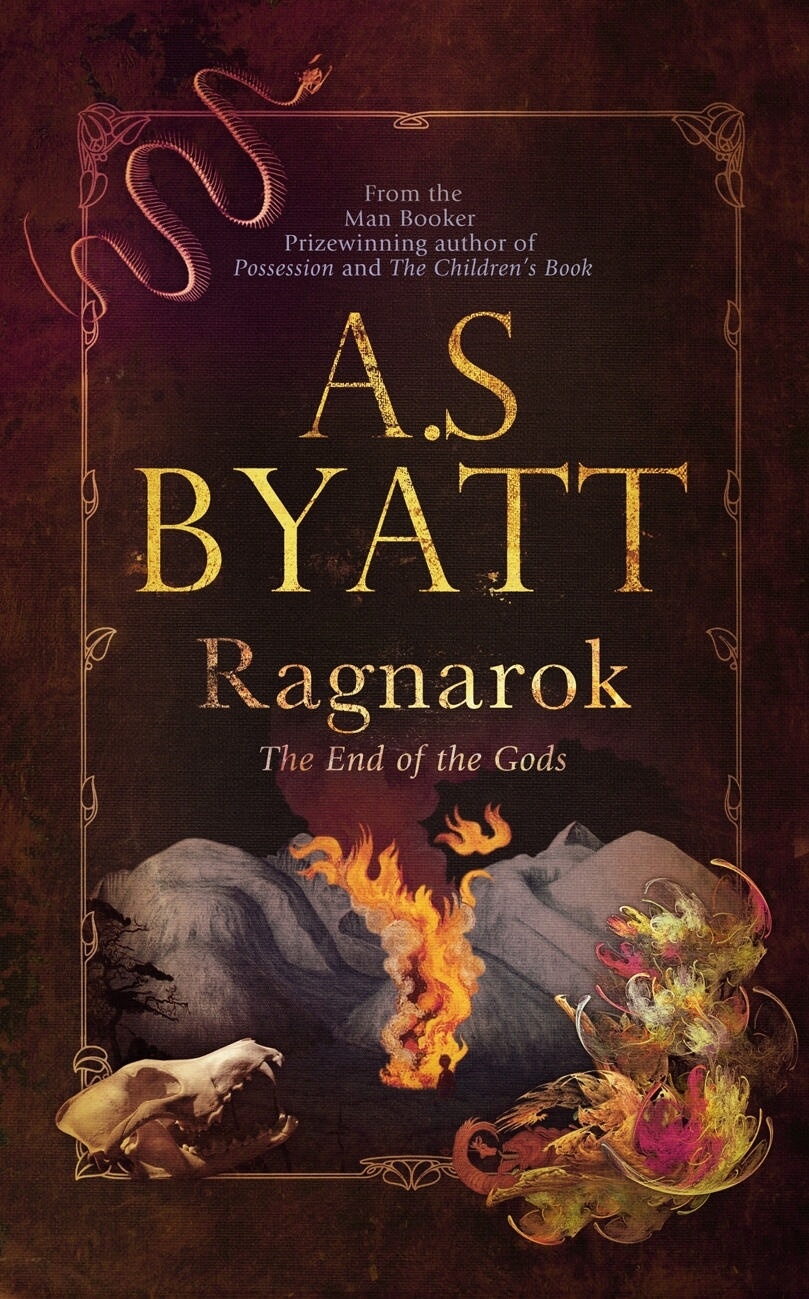
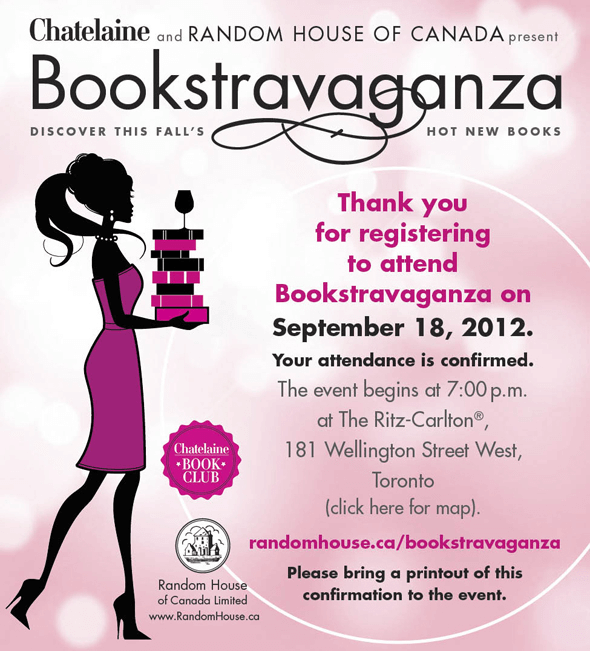
1 thought on “Multimedia Monday: Requiem for the whimsical world of Glitch”